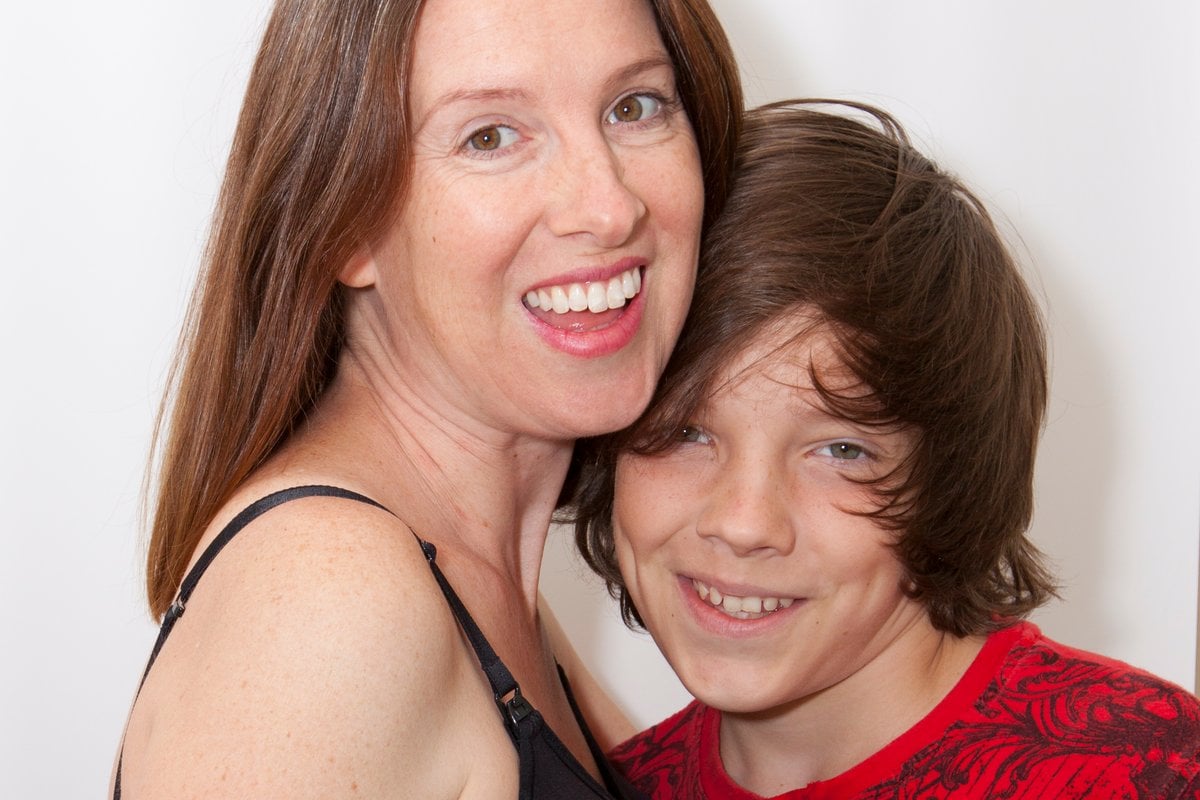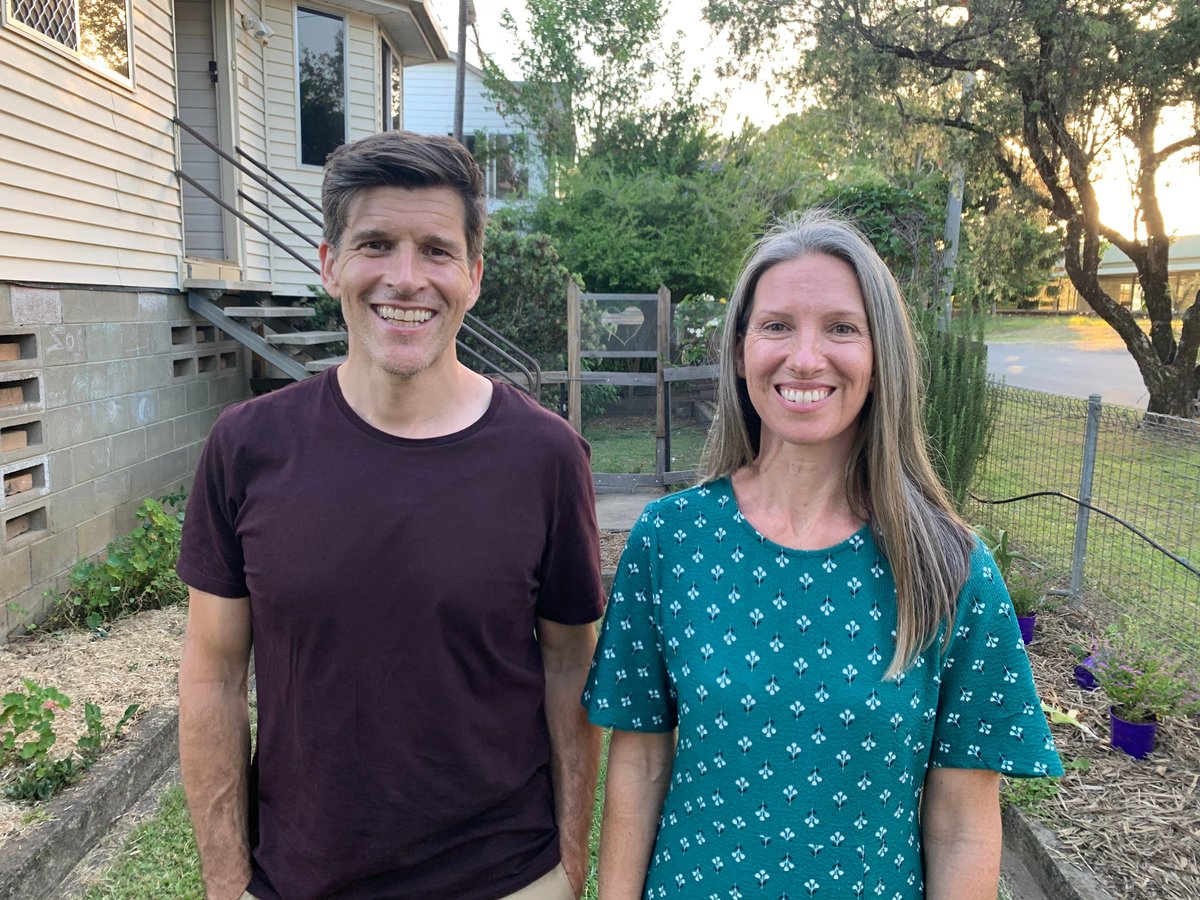
This post deals with suicide and might be triggering for some readers.
As I write this, it has been four years to the day since my boy, Josh made his final visit to the emergency department in crisis.
Three days later, he took actions to end his own life. After 11 days in ICU, we lost Josh at the age of just 17.
We had been through two years of crises off and on. At the time I did everything I could with what knowledge and skills I had. But I will forever harbour a poignant wish that I had been better prepared.
In the hope of helping others who are now where I have been, here are five key things I’ve since learned that I wish I had known at the time.
1. You have to talk about it.
One of the biggest unspoken myths is that if we ignore suicide, it will go away. It doesn’t. The thoughts grow. They grow in the dark of silence and secrecy, unchecked.
I froze with fear at some of the thoughts my son revealed.
He saw this and resolved not to trouble me with his darkest thoughts. I was still there for him in the emergencies of suicidal crisis, but what I lost was the chance to help Josh in between the surges; to hold space for him to work through his underlying thoughts and feelings.
2. Suicide hides in plain sight.
What I now know is that one in eight Australians will think about taking their own life at some point in their lives*. These people are going about their everyday lives alongside you and I, usually unnoticed. This is where we have to trust our gut instinct and open up the conversation.


Top Comments
I now have a sleep, ease off the junk food, and seriously do all my CBT exercises at stage 1. This usually prevents stage 2.
At stage 2, I now organise a mental health plan with my GP because obviously something is going on that I can't figure out. (I didn't start doing this until I was in my 40's. Usually I'd let it run to stage 4 or 5.)
It helped having a friend who suffered anxiety attacks. We could laugh about how our brains are glitching and making us think crazy things.